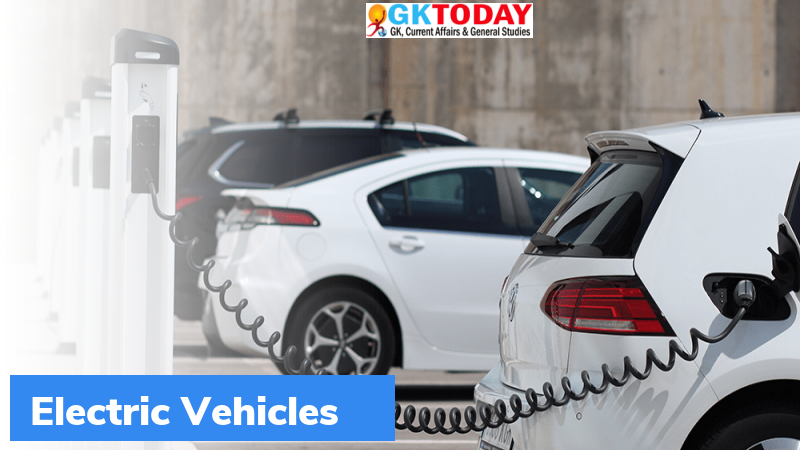Standards for Charging Infrastructure for EV
The Ministry of Power recently released revised guidelines for electric vehicle charging infrastructure. The ministry has released these guidelines to increase the adoption of EVs and also to fasten the adoption.
About the Guidelines
- It allows the entities or individuals to create charging stations without the need for license. However, they should meet certain technical and safety standards.
- The guidelines allow users to charge their electric vehicles in their respective offices and homes.
- The guidelines have clauses for public charging stations and individual owners.
- The guidelines are technology agnostic (that believes that nothing is known).
- The guidelines provide Indian and international standards.
- The guidelines have introduced a revenue sharing model for using land. Government lands will be provided to entities interested in installing charging infrastructure. And Re 1 per unit of charging will be collected.
- Single part tariff will be collected from the battery charging stations. The tariff collected shall not exceed the average cost of supply till March 2025. And the tariff being collected for domestic consumption will be collected for domestic charging as well.
- The Bureau of energy Efficiency, BEE will create an online database of public charging stations. It will also create software, a web portal and mobile application to maintain the database of the stations.
Action Plan
- The guidelines include action plan for nine major cities. They are Chennai, Pune, Surat, Kolkata, Hyderabad, Ahmedabad, Mumbai, Bengaluru, and Delhi.
- The starting target set is 3,263 chargers. These chargers are to be created under Business As Usual scenario. The business as usual scenario assumes that there will be no change in people attitude in the future. And 46,397 chargers are to be created under aggressive scenario. Aggressive scenario focuses only on the need. Around 23,524 chargers are to be developed under moderate scenario.
Significance
This will boost the 100% FDI in the EV vehicles sector. The Government of India has currently set a target of achieving 30% EV sales for private cars, 80% for two and three wheelers and 70% for commercial vehicles.
Month: Current Affairs - January, 2022
Category: Economy & Banking Current Affairs - 2024


